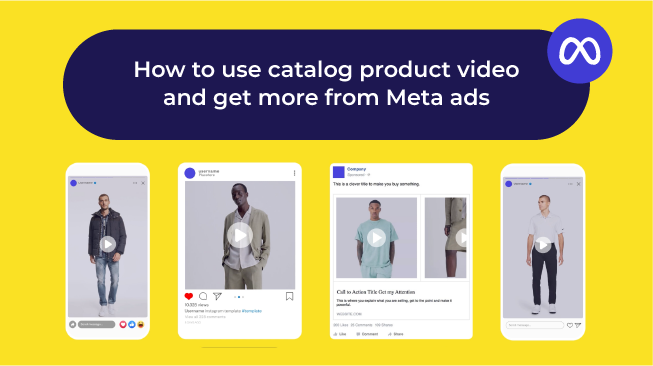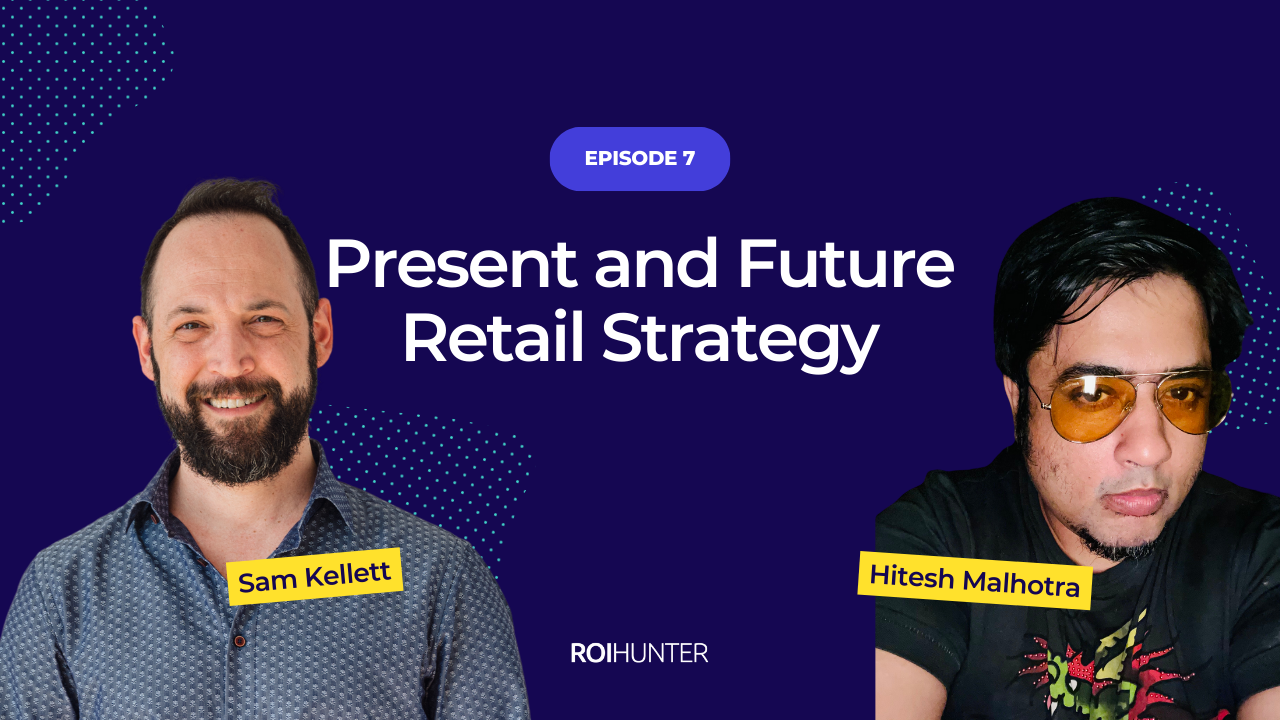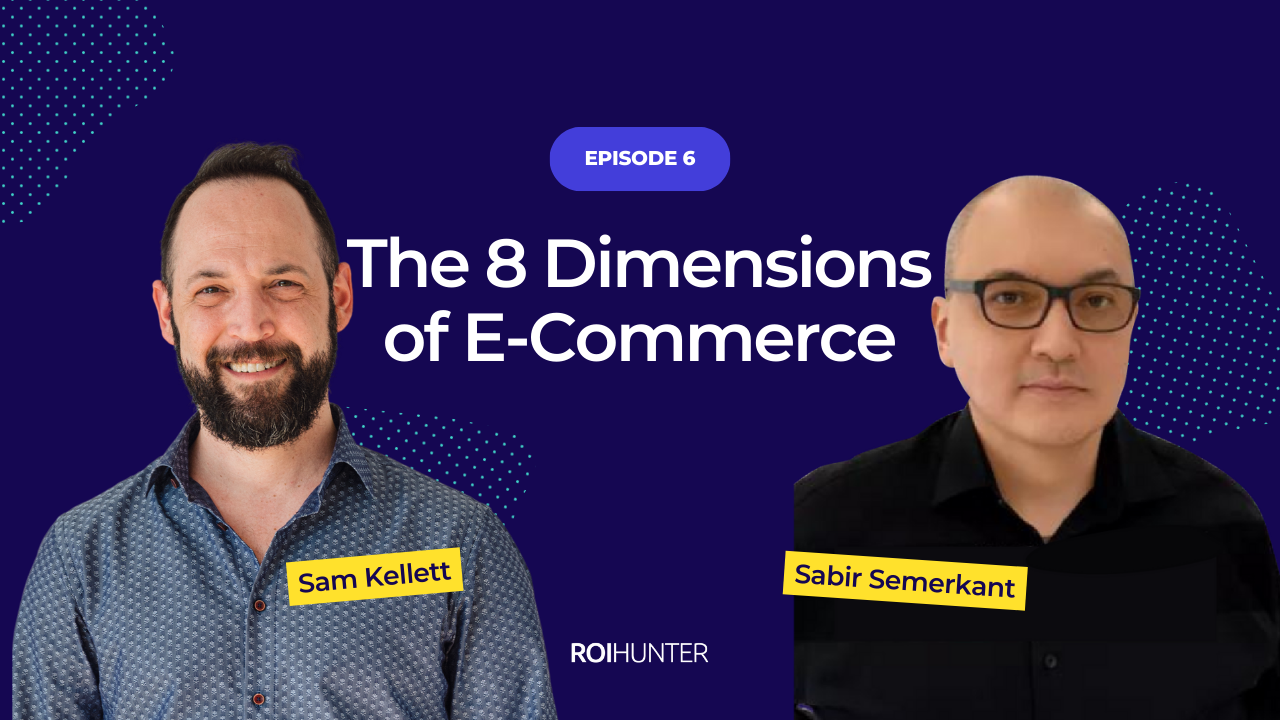As a result of COVID-19, the government of South Africa has announced the arrival of Lockdown Phase 2 within the country. The lockdown measures, which are being enforced by police and the army, forbid South Africans from leaving their homes except to seek medicine/medical care, or to buy food and supplies.
South Africa is no different from other countries around the world in terms of the significant shift in consumer behaviour. The outbreak has encouraged rapid movement from traditional store-based selling to a digital, e-commerce approach.. Woolworths said it has seen a spike in online clothing sales and intends to implement deliveries after lockdown.
The reason Woolworths and many other retailers must wait for the lockdown to end before completing certain deliveries is due to strict government regulations, which only allow the operation of essential services, and delivery of essential goods within the country. Logistics providers operate with Essential Services permits, enabling them to move food, fuel, cleaning and hygiene products and medical supplies.
This time of uncertainty will shape the e-commerce industry for decades to come.
In this article, we outline what things need to be evaluated during this time, what to focus on during the ‘no shipping allowed’ period, and most importantly, what to consider while launching your first campaigns again.
Things to Evaluate During This Time
Consumer behavior: Though consumers might not be able to buy from you at this time, the consumption of digital media will continue to grow: digital consumption in South Africa has increased rapidly over the last few weeks.
South African department store chain, Woolworths, is expanding a click and collect drive-through shopping service, joining others in the sector who were forced to innovate during the lockdown to help consumers get vital supplies.
Regardless of whether or not you’re in a position to continue paid advertising campaigns, remember to continue as usual with all your organic media plans, and capture this digital momentum.
Change of consumer habits: Many offline retailers and wholesalers, such as PicknPay, Checkers and Woolies, have stepped up their online customer service efforts, creating new channels for customers to purchase and receive goods and groceries throughout South Africa. But it doesn’t stop there.
Many South Africans are turning their offline offerings into online business. Gyms and yoga studios are going online, musicians are playing home concerts, and creatives are selling their skills via online courses.
We are facing a time where people are shopping online, and working from home more and more. Within just the first few months, these new routines will have become automatic, eventually turning into habits.
E-commerce will come out of this crisis stronger than before, so be sure to get on board now if you can.
Border → The South African supply chain was impacted after the government began to enforce a complete lockdown across the whole country. This makes delivering across borders a major challenge, which gives you the opportunity to target new local audiences who had been buying from your international competitors.
What you can do during the 'no shipping allowed' period
1) Focus on brand awareness campaigns
If you’re part of the companies that are not allowed to ship currently, we recommend to focus on brand awareness campaigns for the time being. Conversion objective campaigns will be slowing down and in this case, it is good to switch to an upper funnel goal such as reach. Hereby, you will also make sure there is still a connection with your audience in the moment of lockdown.
2) Focus on creating and maintaining audiences
Due to the increase in social media usage, auctions are becoming cheaper, thus reducing CPMs and CPC’s . This means it’s the best time to build your online audiences base, without increasing spends. Once the market is stable and you can sell again, focus on remarketing campaigns to re-target those visitors.
If you are a ROI Hunter client, make sure you use ‘refine audience’, to exclude bounce traffic from your remarketing campaigns and save money.
3) Make sure your tech-setup is correct (Facebook Pixel & app SDK)
This is the best time to check and update your tech setup since it will not have an impact on performance. With organic traffic to your website increasing, you want to make sure that your Pixel is installed correctly and tracking visits to enable Facebook’s algorithm to perform.
Most importantly, when you will start advertising again, you want to make sure that the Pixel has captured your audiences correctly so your remarketing campaigns perform well and right from the start.
4) Set-up your Facebook Pixel event ‘Add to Wishlist’ and encourage your visitors to start ‘Wishlisting’!
Consumers won’t be able to buy but they are coming to your website for a reason. Make sure your Facebook Pixel event ‘Add to Wishlist’ is firing and that you have the content ID included!
Highlight the usage of the ‘Add to Wishlist’ button on your homepage to ensure visitors will use this, such as Myntra is doing. Once business is back as usual, you will be able to show the exact wishlisted products to each customer using dynamic ads retargeting and consumers will be enticed to complete their order!
5) Plan for going back to business as usual
Consumer behavior has changed over the last months. Look for the best campaign strategy while taking your consumers behavior into consideration. Think of campaign objectives, creatives, budget strategies, audiences.
What you should consider while launching your first campaign
1) Make your campaigns attractive for consumers
Consumers are more hesitant with buying and will focus on seeking discounts. Focus your campaigns on offers, promotions, free deliveries and more. Following this approach will help you get a bigger piece of the pile of consumers that will start buying again and retention in the longer run.
2) Make sure your Ads stand-out from competition
Once everyone will start running Ads again, consumers will be exposed to hundreds of ads with a product on a white background. Make sure your Ads stand out from competition by customizing the creative through Facebook overlays.
If you are a ROI Hunter client, you can use our dynamic template editor that will help you improve performance through increase in CTR and conversions.
3) Perform a proper audience check-up
If there has not been any advertising activity for a long time, you have to check the size of your remarketing audiences which could hamper delivery.
Is your remarketing audience not what you expected? Try and populate them by focusing 20% of your budget on prospecting campaigns to drive traffic to your website.
4) Focus on remarketing campaigns
According to Barilliance, over 75% of shoppers will leave your website without completing their purchase. With increased browsing, your pixel is being boosted with data. Now is a good time to re-engage with your website visitors and get them back to your website through your FB Ads.
In addition to this, you can drive new potential leads and sales by running tests with engagement custom audiences. These allow you to target users who have engaged with your content across FB and Instagram.
5) Promote products that are considered as a help for #stayhome
Though the restriction will be lifted gradually and you will have the ability to sell again, consumers will continue spending time at home. Make sure you promote products that will help them make their home situation better and fun.
Think of categories such as health (gym, sportswear and equipment), entertainment (puzzles, games) and products that will make their work-from-home situation more comfortable such as monitors, keyboards, headphones and perhaps a comfy neck pillow..
Final Thoughts:
Consumer behavior has shifted during the pandemic. More people are moving to online retail than ever before, and e-commerce retailers need to be ready. Though these initial supply chain disruptions may lead to disaster for the worst affected retailers, those that are able to stay profitable through these trying times may find great opportunity.
The world of retail is shifting online, and e-commerce retailers can adapt to stick around until it does:
- Closely monitor your consumer behavior and audiences
- Remarket to new potential customers
- Keep your messaging honest, straight-forward and attractive.



